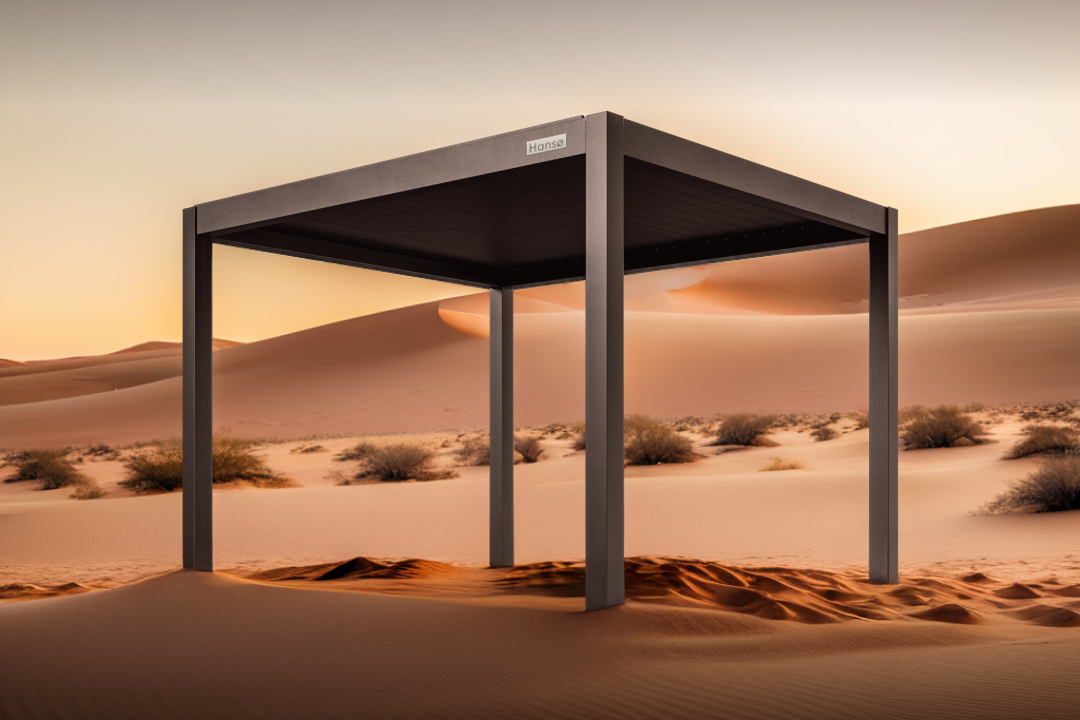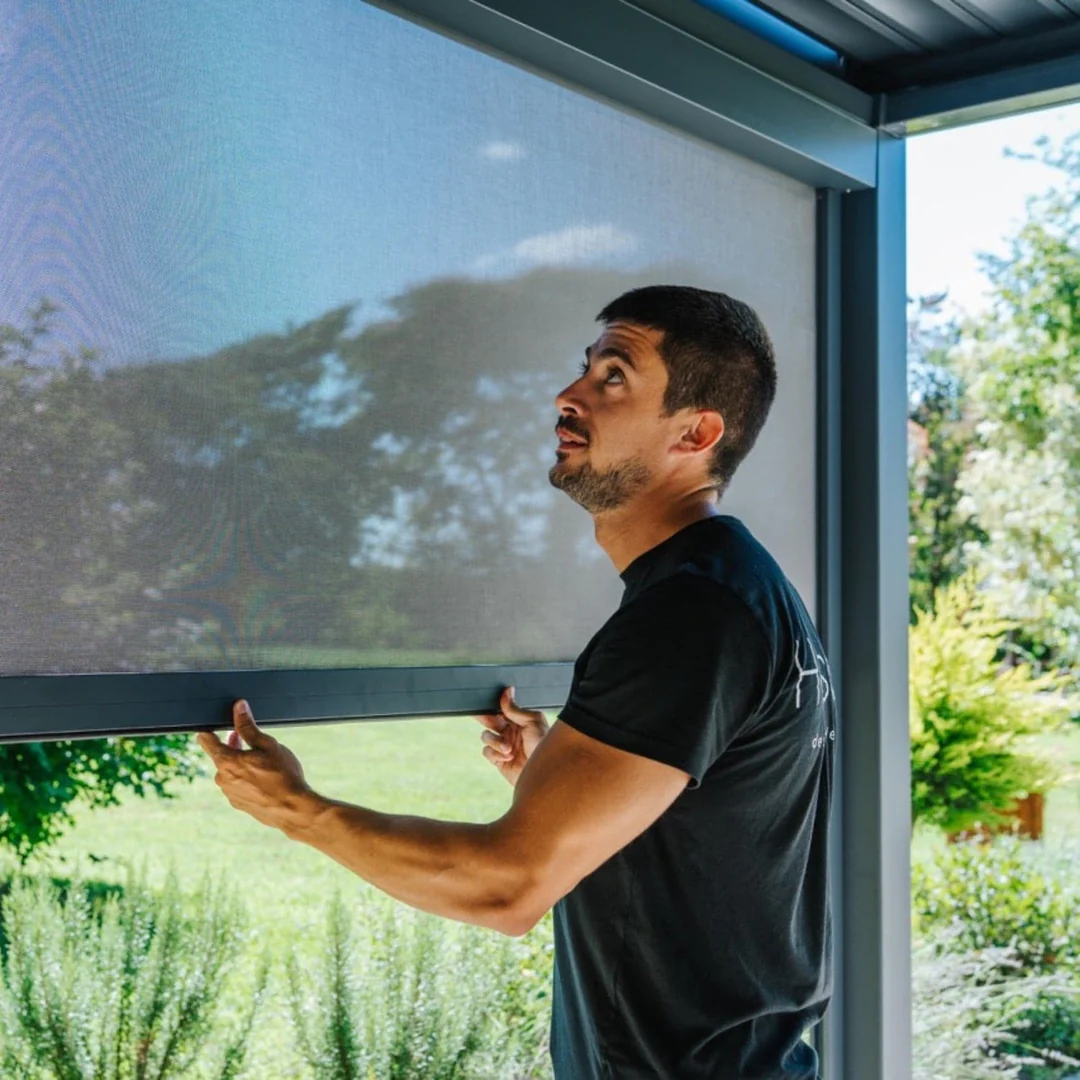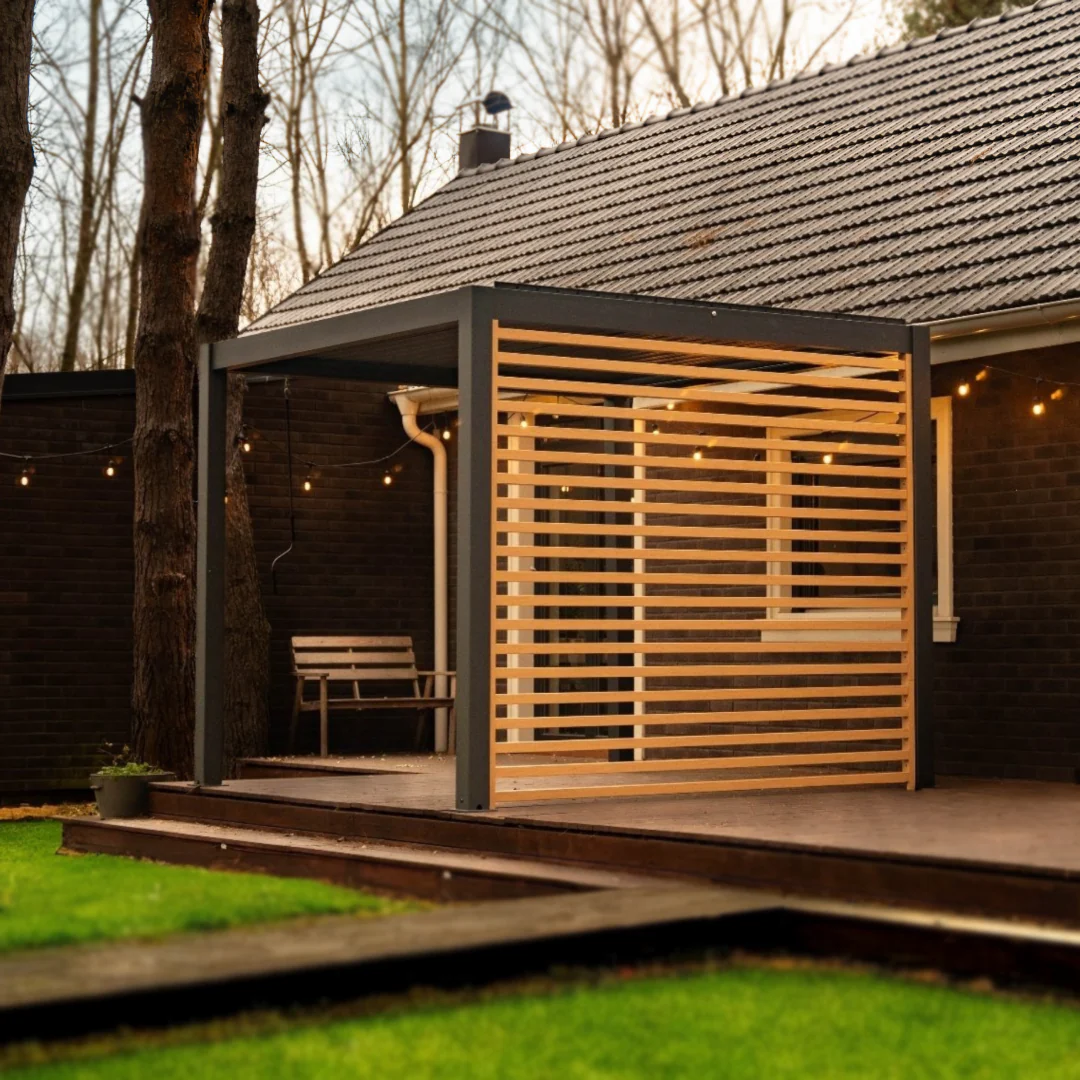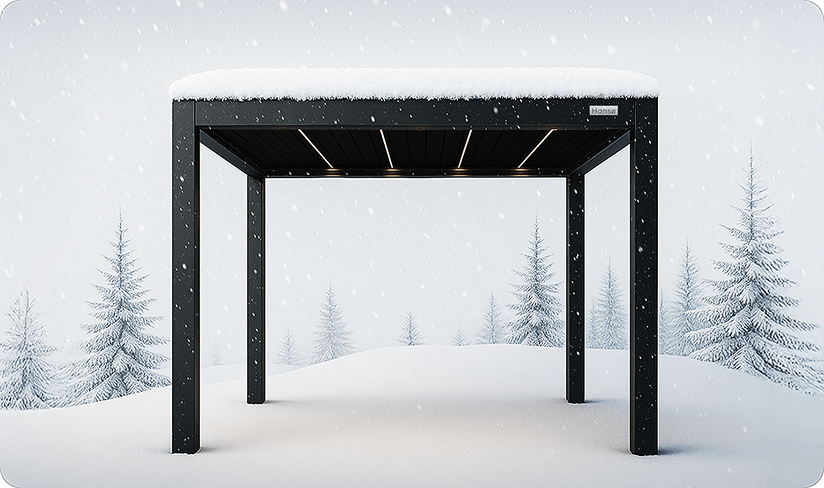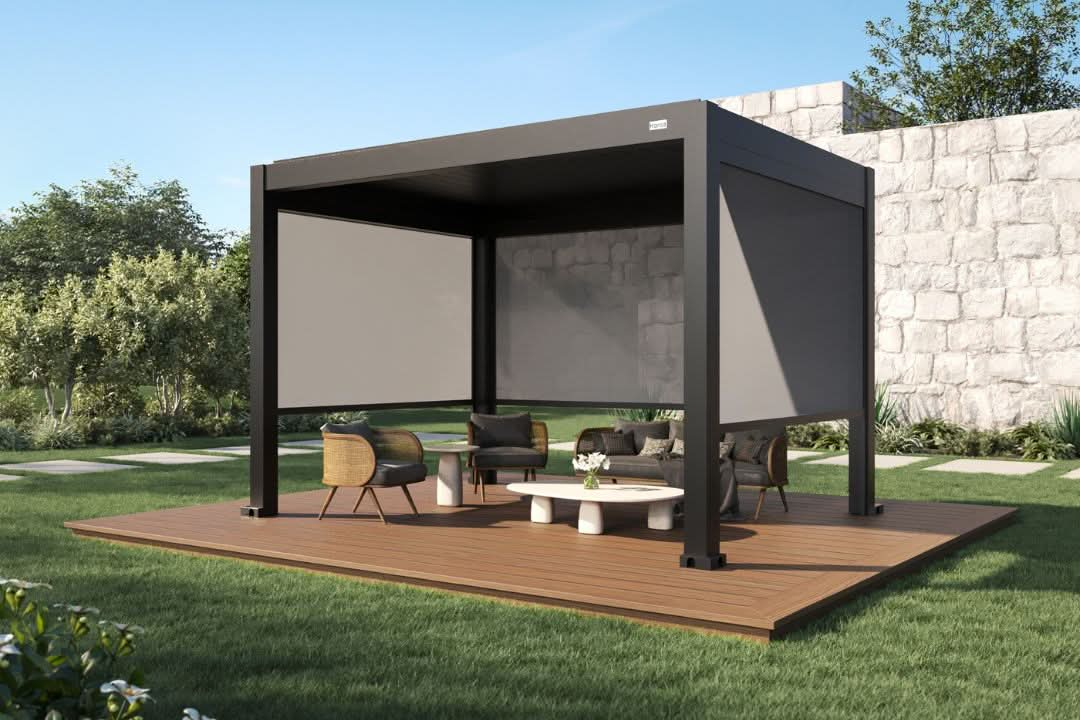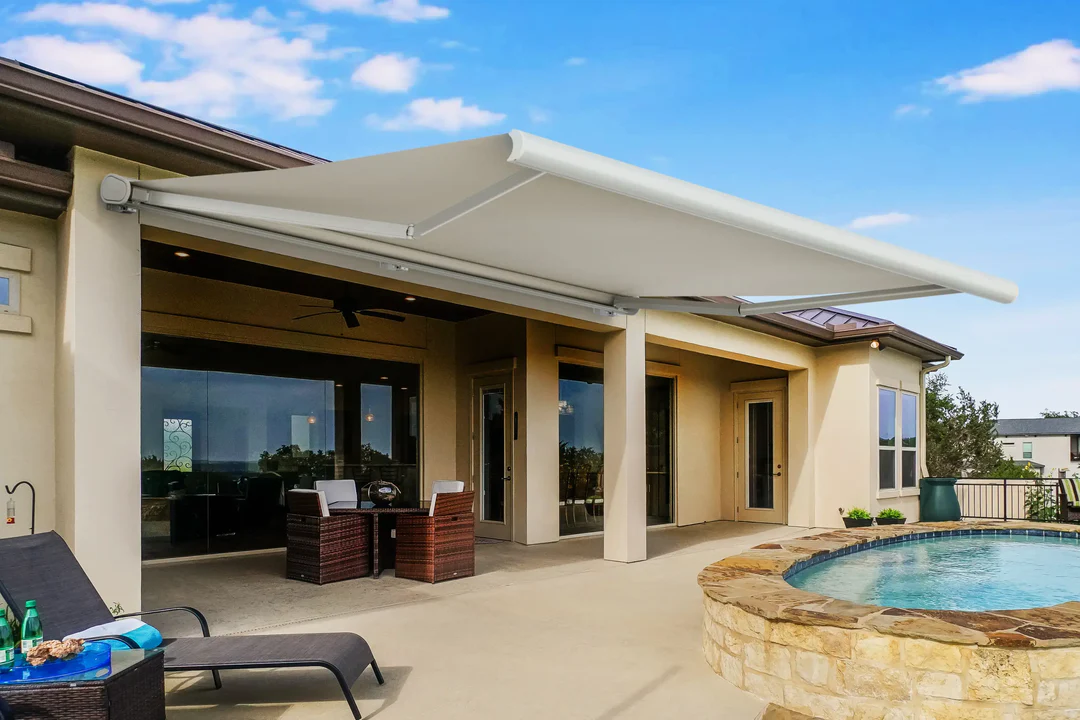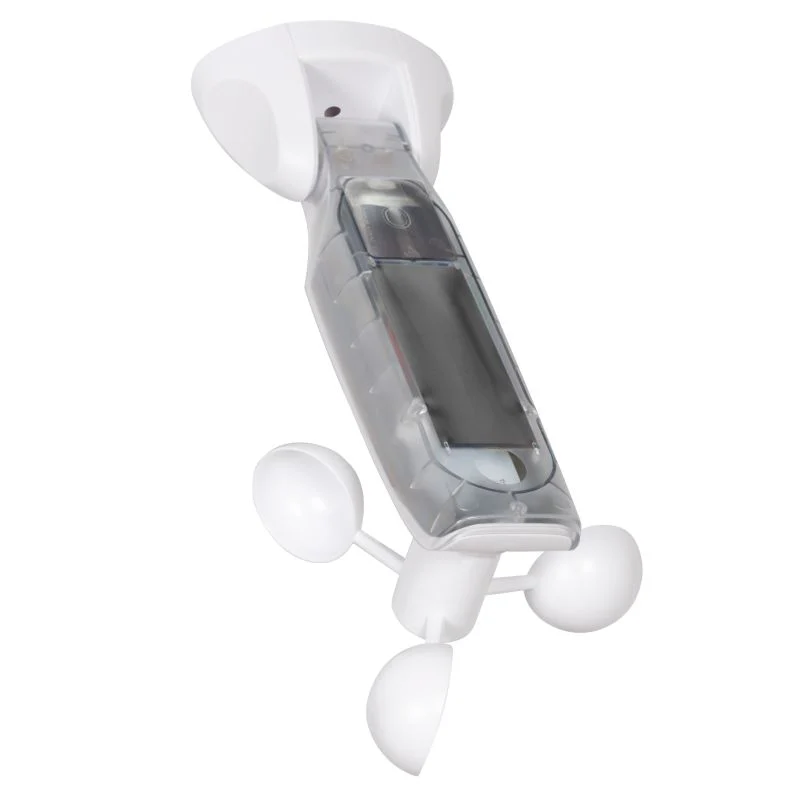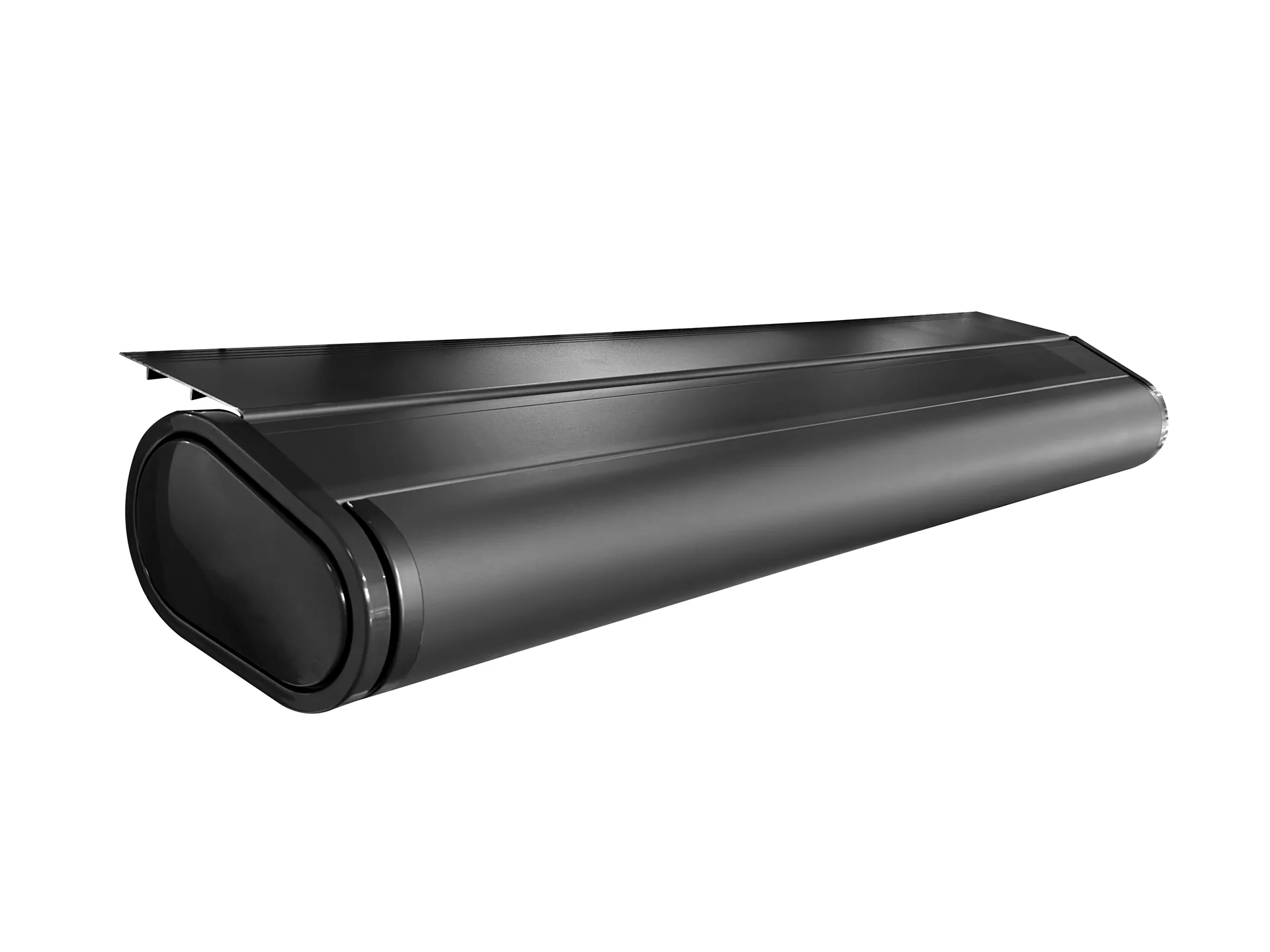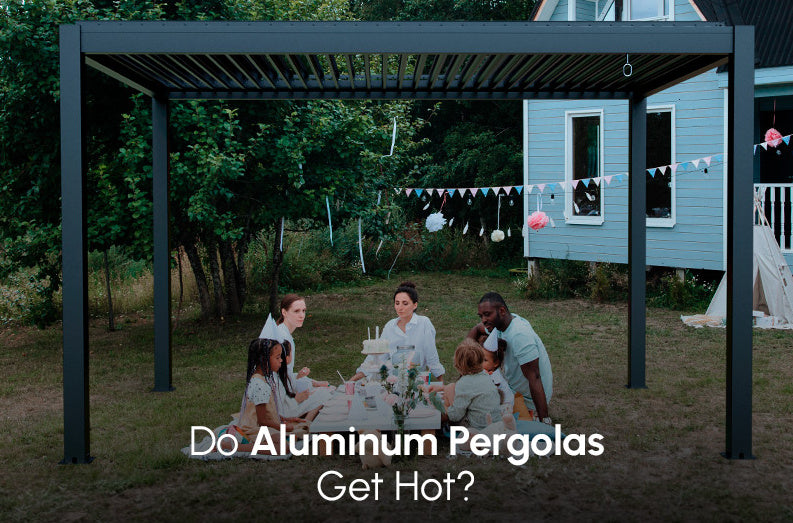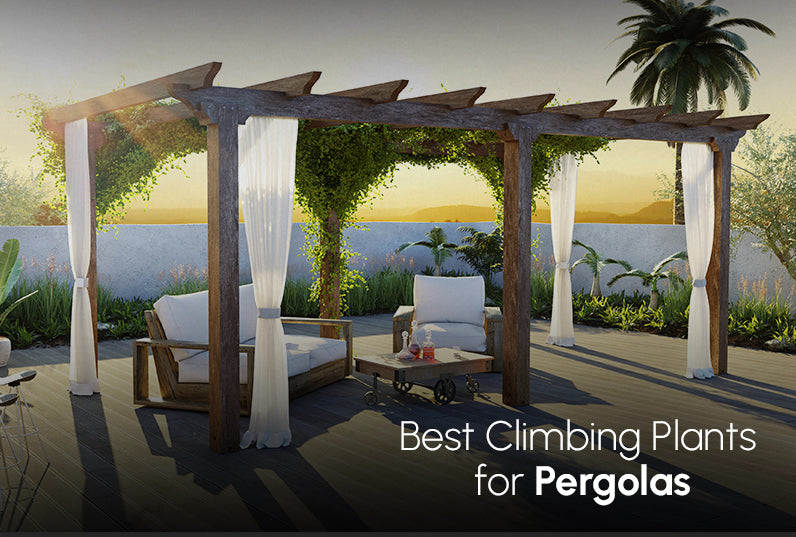Steel vs Aluminium Pergola: Which is Better?
Pergolas are widely used in the arrangement of summer cafes, restaurants, barbecue areas, and on the open terraces of cottages and verandas of country houses. Today, using pergolas, you can easily create a real masterpiece in your own backyard.

What is a Pergola? Why Do We Need Steel Pergolas and Aluminium Ones?
In the classic style, the pergola is made of lattice sections that create a frame for canopies of climbing plants. But the purpose of pergolas is not limited to this decorative function.
Yes, they do decorate your territory, but they also perform different tasks:
- Sun protection.
- Support for climbing plants.
- Organisation of a cozy recreation area (open-style gazebo).
- A self-contained element of landscape design and territory decoration.
- Zoning of the territory.
Depending on its purpose, different types of pergolas may be installed. There are many varieties of design, but they all differ in materials, shape, and style. Usually, the most popular materials for pergolas are:
- Steel;
- Timber;
- Aluminium;
- Plastic;
- Stone and brick;
- Combined variants.
Steel Pergola or Aluminium? What are the Advantages and Disadvantages?
As mentioned before, steel and aluminium materials are the most popular and stylish for designing your backyard. But what is the difference between them, and what are pros and cons of metal pergolas?
Let’s look at the features of each of the materials.
Steel Pergolas
A steel pergola is a great alternative if you don’t like timber or plastic. They are really easy to construct and are suitable for any modern landscape. One of the main benefits of steel pergola frames is their increased material strength and structural durability.
It means that, using this kind of metal, you will enjoy its beautiful view for many years to come. They always look ultra-modern and are very reliable. But at the same time, there are some disadvantages that you should be aware of.
- Steel frames are difficult to produce, which is why, very often, their prices can be quite exorbitant.
- The installation of steel frames demands the use of special equipment and quality foundation preparation.
- Steel pergolas are very difficult to install yourself, which is why highly-qualified specialists are needed to build the frames.
- It is important to provide anti-corrosion protection to prevent rust and other damage. Regular maintenance is also needed.
Aluminium Pergola: The Main Facts and Features
Aluminium pergolas are as popular as steel ones. They are available in different options, and are ultimately the most suitable for your backyard. They offer excellent value for money, and are usually more available than those made from other materials, such as wood or steel.
The undeniable advantage of aluminium frames is that they are completely resistant to the elements. They remain in perfect condition even when constantly exposed to sunlight, rain or wind. This is because aluminium is a material that doesn't rust or get damaged by the weather.
In addition, it requires almost no maintenance, except for surface cleaning from time to time with soap and water.
But still, there are some cons.
- Aluminium pergolas are lightweight, which means they can be easily deformed. It is not recommended to use aluminium frames for heavy planters or climbing plant canopies.
- Another disadvantage of aluminium pergolas is that their direct or indirect contact with other metals (especially copper), can lead to reaction issues.
- Installing an aluminium gazebo or canopy requires a large investment, as it requires specific and thorough land preparation.
Main Differences Between Steel Pergolas and Aluminium Ones
Despite the fact that both aluminium and steel pergolas are widely used for landscapes, they do have some differences worth noting.
Steel frames are more suitable for heavy constructions and are often used as a base for garden arches. They are more reliable and stronger, but they are also much heavier and require additional corrosion protection.
As for the aluminium ones, they are very light and therefore easy to assemble. They offer a modern, geometric, and minimalist design that adapts perfectly to all types of architectural environments. However, they can’t be used for flowering vines and heavy structures on the roof.
You should bear in mind that each territory is individual and if you need a pergola, it’s better to choose the option that fits perfectly into your landscape design. But, still, the most reliable types of pergolas are considered to be steel and aluminium.

